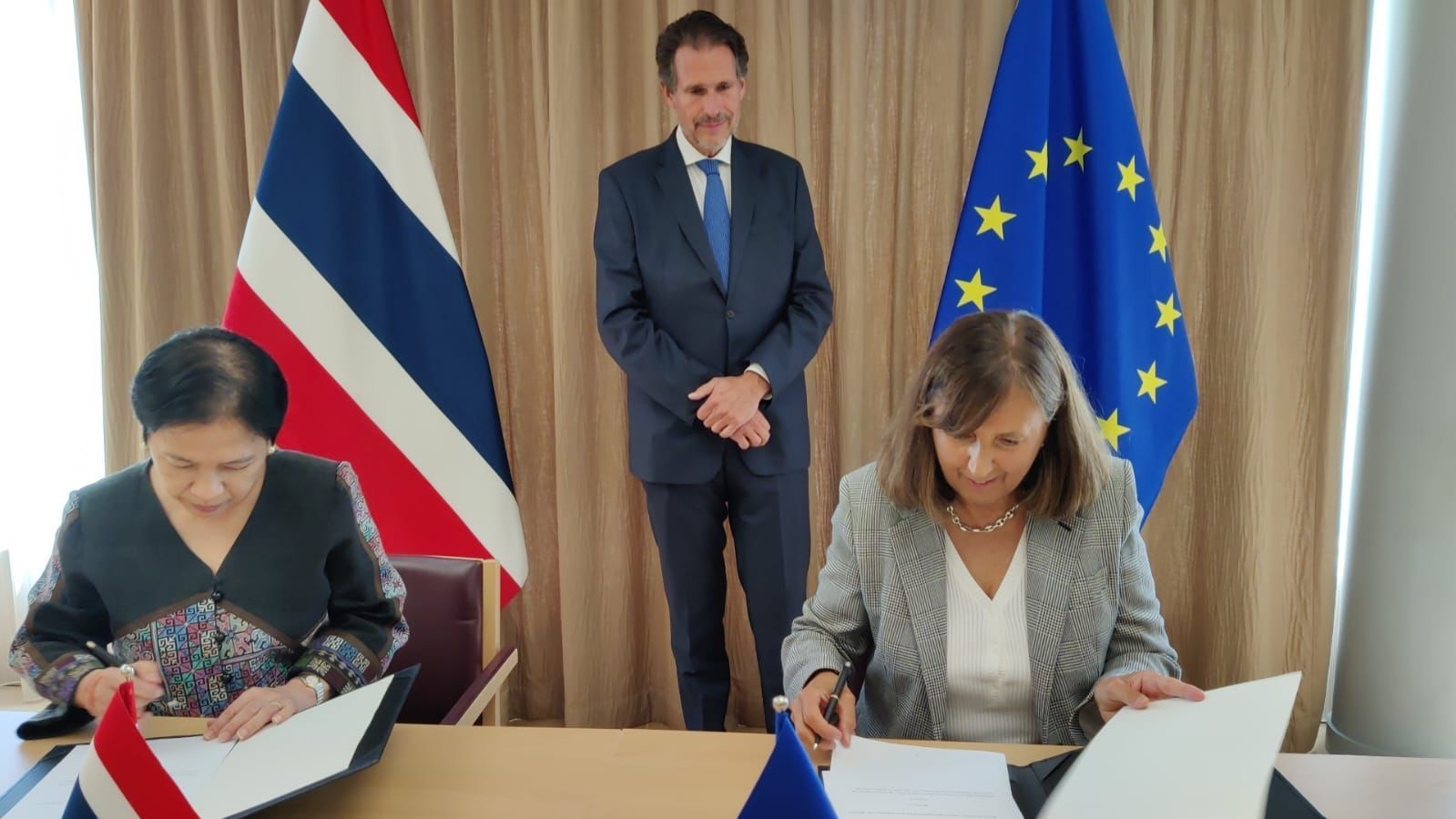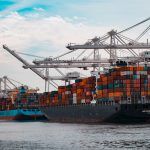The EU and Thailand announced the relaunch of negotiations for an ambitious, modern and balanced free trade agreement (FTA), with sustainability at its core.
This announcement confirms the key importance of the Indo-Pacific region for the EU trade agenda, paving the way for deeper trade ties with the second largest economy in South-East Asia and further strengthening the EU’s strategic engagement with this burgeoning region.
The aim of the FTA will be to boost trade and investment by addressing a wide range of issues such as: market access for goods, services, investment and government procurement; swift and effective Sanitary and Phyto-Sanitary procedures; the protection of intellectual property rights including Geographical Indications, and the removal of obstacles to digital trade and trade in energy and raw materials, thereby supporting the digital and green transitions. Sustainability will also be at the heart of this agreement, with robust and enforceable disciplines on Trade and Sustainable Development (TSD). These will be in line with the Commission’s TSD review Communication of June 2022, supporting high levels of protection for workers’ rights, for the environment, and the achievement of ambitious climate goals.

The European Union and Thailand initial Partnership and Cooperation Agreement |
Key trade facts
The EU and Thailand already have well-established trade relations, with clear potential for an even closer relationship:
- Trade in goods was worth over €42 billion in 2022, while trade in services was worth over €8 billion in 2020.
- The EU is Thailand’s 4th largest trade partner.
- Thailand, the second largest economy in the ASEAN region, is the EU’s 4th most important trading partner in the region (and 25th worldwide).
- The EU is the 3rd largest investor in Thailand, representing around 10% of total Foreign Direct Investment (FDI) in the country, and the 2nd largest destination of Thai FDI, accounting for nearly 14% of total Thai FDI.
Despite the high ranking of the EU in Thailand’s total trade and FDI, the EU is under-represented in terms of key investors in innovative sectors, including clean and renewable energies, electric vehicles, and critical goods like microchips. Infrastructure and the shift to a technology- and innovation-driven economy are key priorities in Thailand’s economic development strategy, representing further potential for EU investors and businesses.
More information: European Commission







Leave a Reply